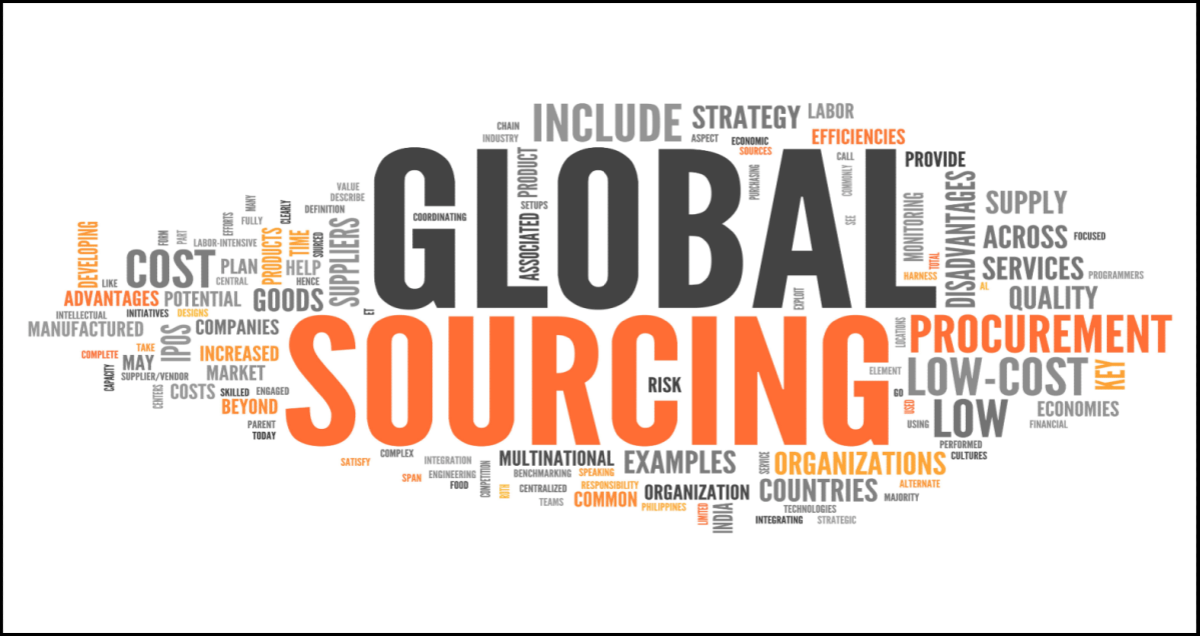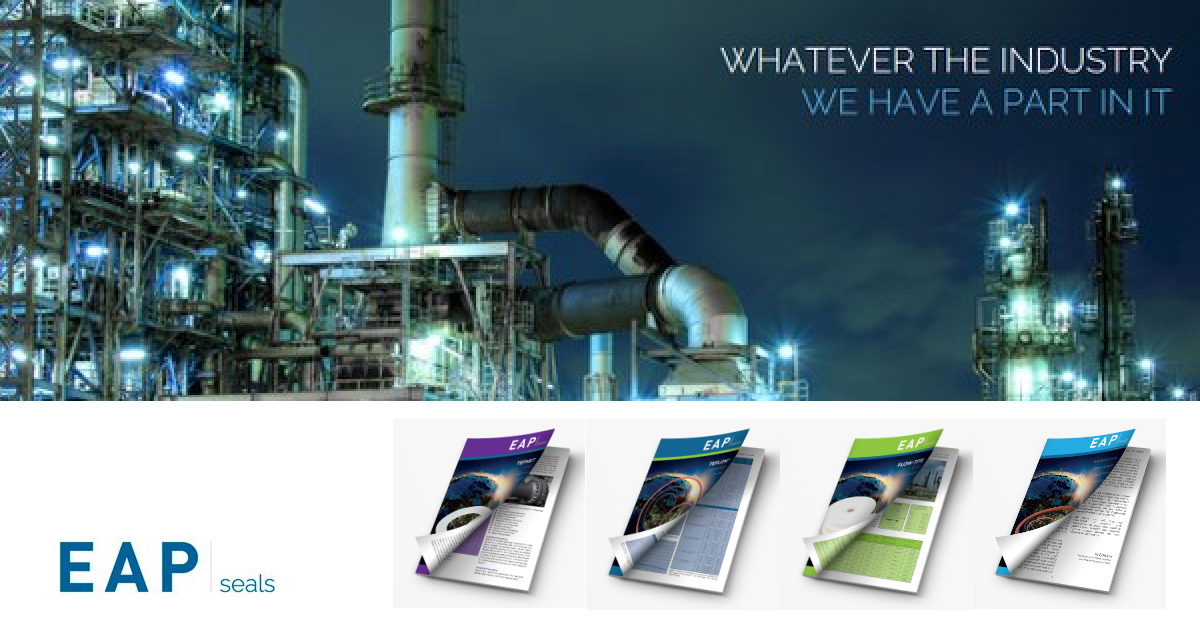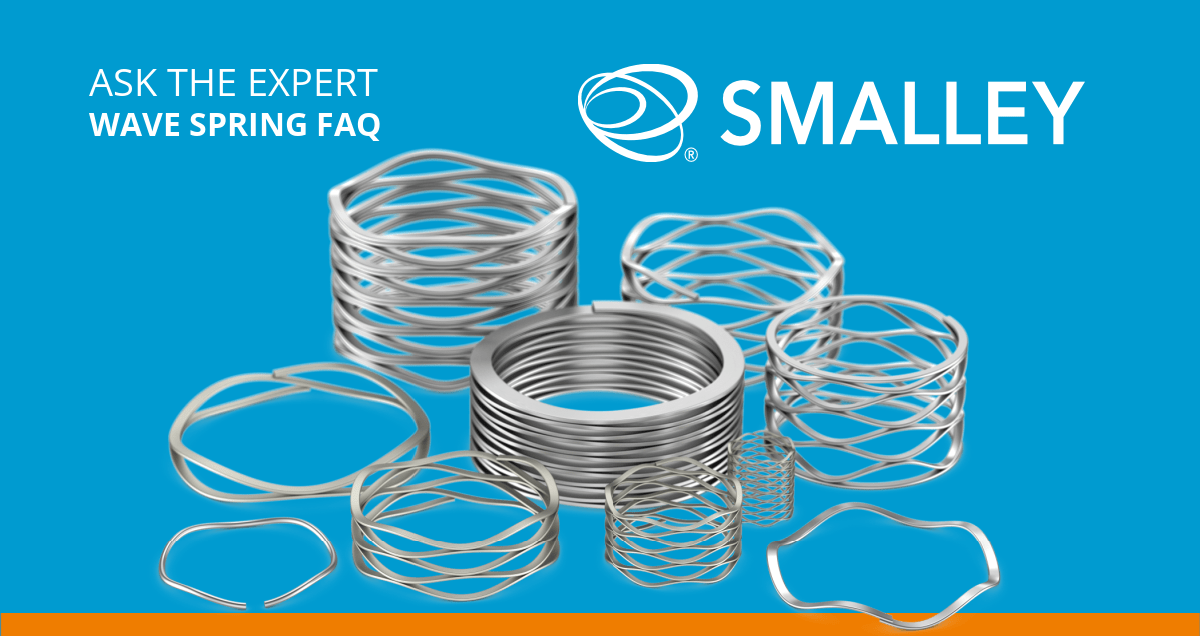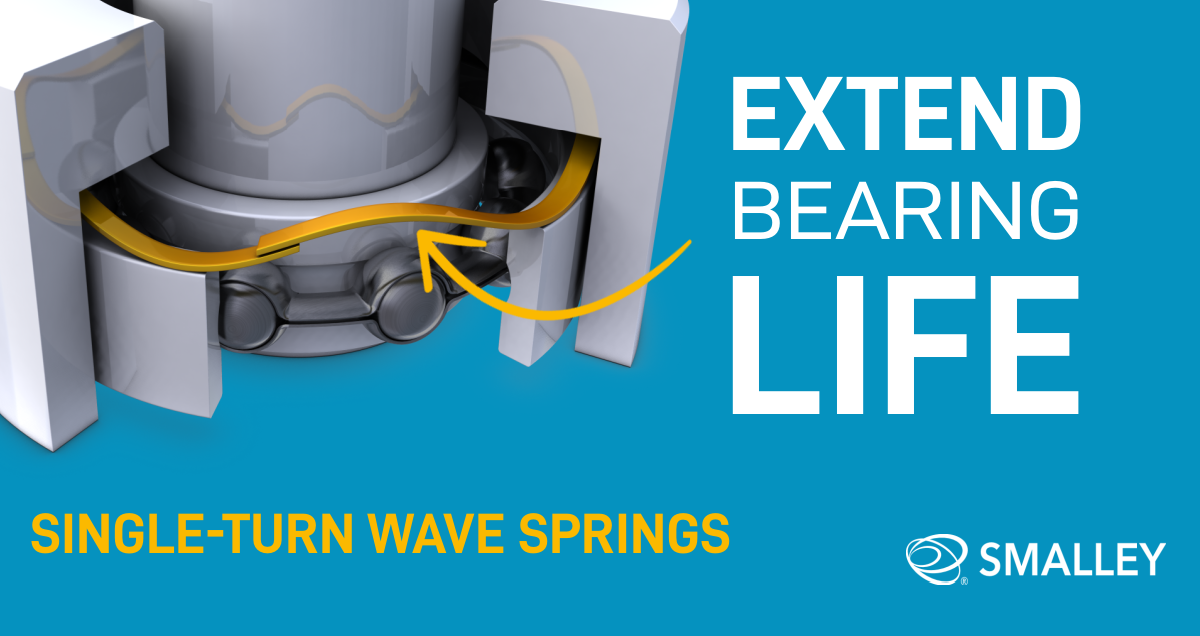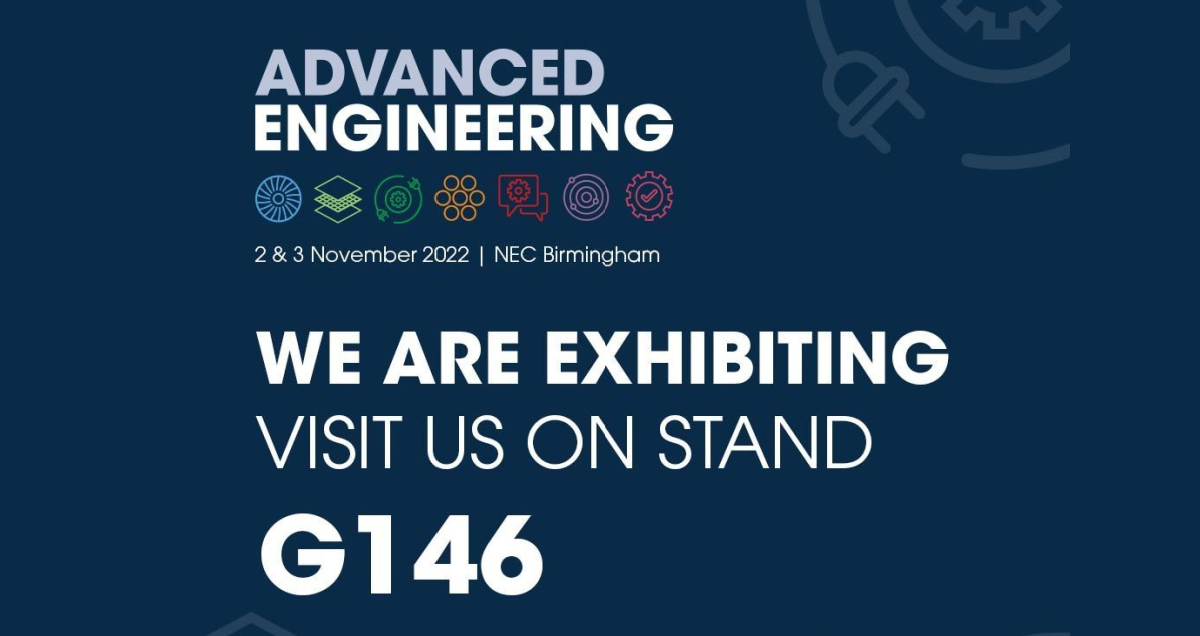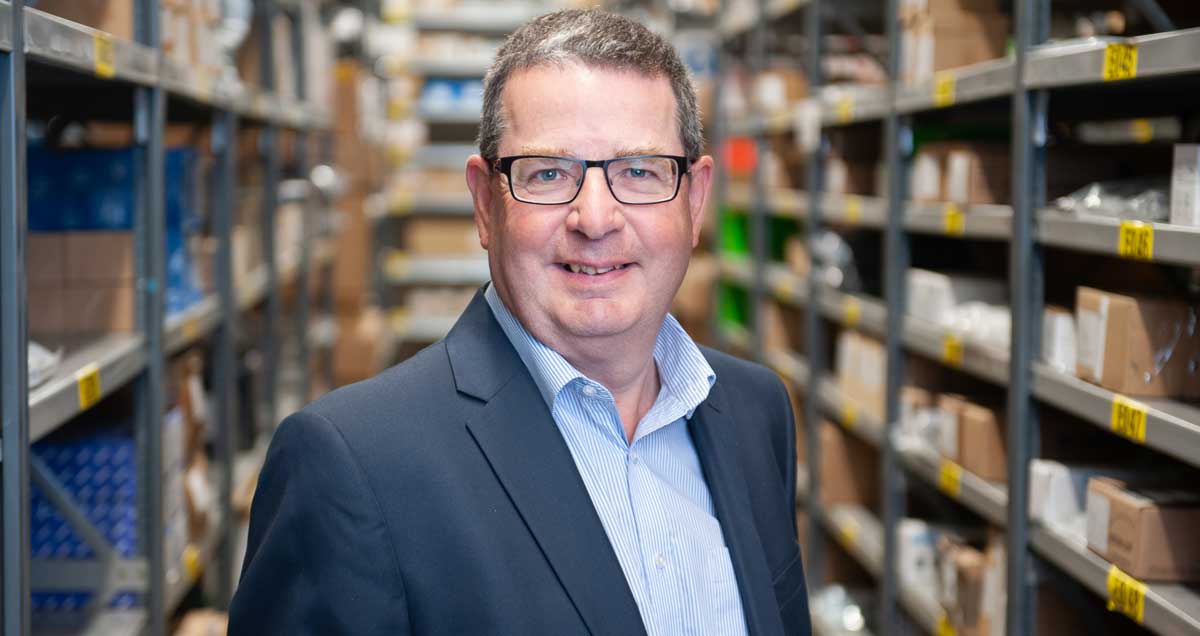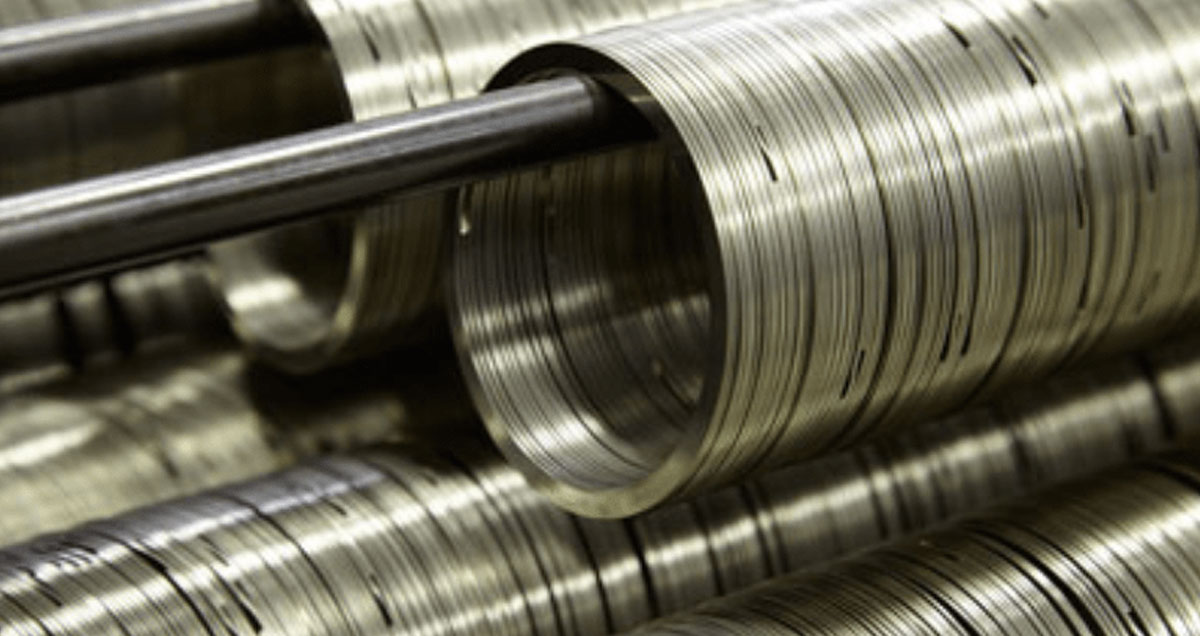
Welcome back to the TFC Technical Blog, where our engineers answer commonly asked ring and spring design questions. This week, our experts field some questions about material selection and how to know which exotic alloy to use in your application.
Exotic alloys are favoured in high-performance engineering situations because of their strength:weight ratio, tolerance against heat, and resistance to corrosion. Tooling made with exotic metals is more accurate, longer lasting and more sustainable than standard equipment.
What exotic alloys would you recommend for a sub-sea application?
We are able to offer several exotic alloys and materials that are ideal for sub-sea applications. Our AISI 316 stainless steel alloy can withstand the corrosive effects of seawater but, for higher corrosion resistance we can also provide our Smalley products manufactured from Inconel X-750, Inconel 718 and Elgiloy as well as other optional materials.
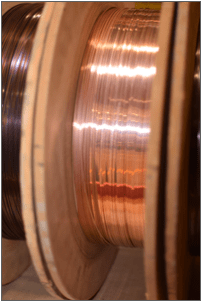 I am working on a new project that requires all components to be manufactured out of non-magnetic material and would like to know what my options are?
I am working on a new project that requires all components to be manufactured out of non-magnetic material and would like to know what my options are?
For applications requiring truly non-magnetic components, we recommend using exotic alloys such as Beryllium Copper, Phosphor Bronze or A-286 stainless steel, depending upon the application. However, there are other non-magnetic materials available. Typically 302 and 316 stainless steels are thought to be nonmagnetic but they both become slightly magnetic due to the cold working process used to manufacture the flat wire. Our Technical Engineers are on hand to discuss your exact application and to offer their recommendations.
My application requires that the retaining rings are plated for corrosion resistance. What types of plating options do you offer?
We can offer cadmium, zinc and nickel platings for our Smalley retaining ring products for corrosion resistance as well as zinc phosphate and black oxide for moderate corrosion resistance. It is important to consider the type of retaining ring where plating is involved because, if the ring has multiple turns (or spirals), it can be difficult and expensive to ensure the plating fully covers the surface between the turns. In these cases, we recommend manufacturing the rings in a corrosion resistant material such as 302 or 316 stainless steel. If higher temperatures are a concern, consider using 17-7 stainless steel, A-286 stainless steel or Inconel.
For more than 40 years, TFC has been growing to become one of the industry leaders and suppliers of retaining rings, constant section rings and wave springs. Whether you require a standard or custom solution, our dedicated team of engineers can design a solution for your target application performance.
Do you have your own question about our exotic alloys? Ask an engineer today!
Latest News From TFC
Catch up on all of the latest supply chain, fastener industry and company news from TFC Ltd.
Catch up on all of the latest supply chain, fastener industry and company news from TFC Ltd.





